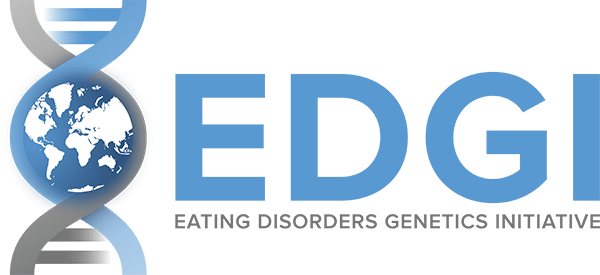Eating disorders – the carers’ perspective on treatment

During the second week of the International Conference on Eating Disorder (ICED) 2020, we are pleased to share the second instalment of our five-part blog series, giving you a sneak peek at some of the research being presented by the New Zealand Eating Disorders Genetics Initiative (EDGI) team. EDGI is the world’s largest genetic investigation of eating disorders ever performed. Australia, New Zealand, the United States of America, United Kingdom and Denmark each have centres contributing to this important initiative.
Swinging Around to the Carer Perspective: Accessing Treatment for Eating Disorders in New Zealand
A second presentation delivered by Dr Jennifer Jordan, Senior Lecturer at the University of Otago and co-Lead Investigator for the New Zealand arm of EDGI, examines carers’ perspectives on access to, and the quality of eating disorders (ED) treatment received by an affected family member. Carers and families often struggle to access appropriate treatment in a timely manner for their family member living with an ED. The perspectives of 134 carers/family members of those with anorexia nervosa (AN), bulimia nervosa (BN), or other EDs were analysed.
This research aims to uncover the extent of difficulties faced by carers, when attempting to access treatment for their loved ones living with an eating disorder.
Initial findings include:
- Carers report there is considerable room for improvement with regard to ease of access to treatments appropriate for their family members.
- Carers found it more difficult to access treatment for an affected family member living with BN, BED or another ED when compared to those caring for an individual living with AN.
- Quality of treatment was rated as good or very good by around half of carer participants irrespective of the affected individual’s ED diagnosis, treatment type or geographical location.
Team EDGI AUS would like to say a huge thank you to those who care for someone living with an eating disorder. Your enduring dedication is both inspiring and admirable.
To help the EDGI team to identify the hundreds of genes that influence a person’s risk of developing anorexia nervosa, bulimia nervosa and binge-eating disorder, visit the EDGI homepage to volunteer.
Should you suspect that you, or a loved one, may be living with an eating disorder, speak to your local healthcare practitioner without delay, or head to www.insideoutinstitute.org.au to complete their screener and assessment, and to access more information and professional support.
Australian professional patient support services offering 24/7 helpline services include:
o Beyond Blue: 1300 22 4636
o LifeLine: 13 11 14
o Men’s Line Australia: 1300 78 99 78
o Kids Help Line: 1800 55 1800.
News
- « Previous
- 1
- 2
- 3
- 4
Participant Stories
Sorry, we couldn't find any posts. Please try a different search.


